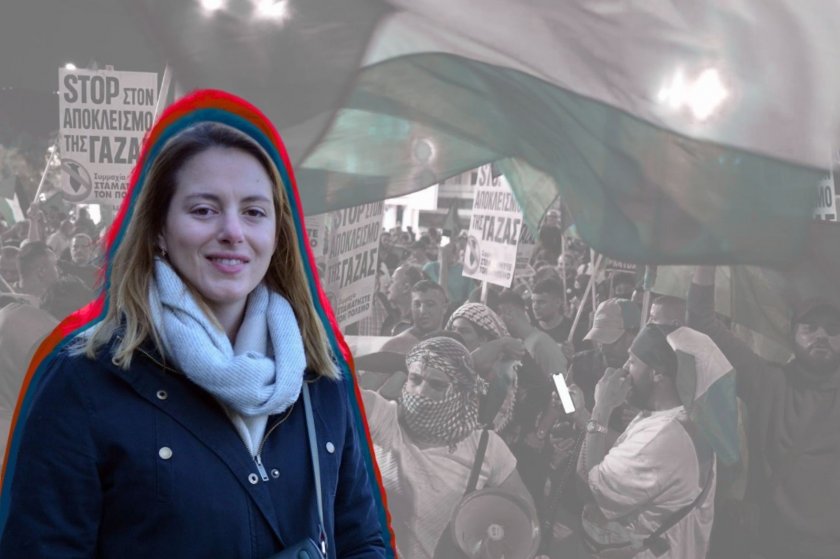What will the workers vote for?

Erkan Aydoğanoğlu

Fotoğraf: DERİTEKS
During more than 20 years of AKP rule, labourers, especially the workers, who have lost the most rights, become the most impoverished and whose working and living conditions have worsened. Workers in Turkey have repeatedly confronted the bosses and the government in recent years, and even in the most difficult times when all conditions were against them, they mobilised for better working and living conditions through common demands despite their political differences.
Workers who united for their rights and demands despite differences in their political preferences learnt that it is not possible to gain rights without struggle. The workers who have been struggling for their rights have learnt who is for them and who is against them in every fight they have been involved in.
As the country entered the election process, the election debates started to form the primary agenda of the workers. The question "Who are we going to vote for in the election?" is also being discussed intensely among the workers. Evrensel's interviews with workers in factories and industrial regions on the way to the elections show that there are significant differences in the voting preferences of workers on 14 May compared to previous elections. However, it does not seem possible to say that this is a complete break with the government for the time being due to past electoral experiences.
Although the workers in Turkey, a significant part of whom have been voting for AKP and MHP for many years, are the segment of society most affected by the economic crisis and the cost of living, this situation is not reflected in their political preferences to the same extent. Here we see that factors other than the economy continue to be decisive. While young workers who are at the beginning of their working life are more distant from the government's policies, support for Erdoğan and his party among middle-aged and older workers seems to be decreasing, but it is still at a considerable level.
Many workers who supported the ruling party in the past have repeatedly realised whose interests are actually protected by the parties they have been a part of and supported for one reason or another for years. It is very important that many workers have started to question why they vote for the same party as bosses with different class interests, and how they can meet in the same party with bosses they often confront at work. However, this alone should not be expected to change their voting preferences.
From the moment the election process started, in many workplaces, especially in factories, demands and struggles for economic, social and democratic rights have been overshadowed by discussions on which party or alliance to vote for in the election. For this reason, the question "Who should we vote for?", which is on the agenda in factories and workplaces as it is all over the country, does not mean anything for workers who are forced to live in miserable conditions.
The decision workers will make at the ballot box on 14 May will be one of the most important factors that will determine both the election results and the fate of the country. However, it is not realistic to expect that the problems that have accumulated over the years and the most basic demands, especially the wages to live humanely and healthy working conditions, will be realised spontaneously with the change of the government just by voting.
It is very important for the country and the labour struggle to 'breathe' that workers choose to vote by looking at which party or alliance advocates programmes that serve the interests of whom and who can solve the country's most fundamental and pending problems. However, workers have to remember that their job is not easy unless they act in accordance with their own class interests and organise themselves separately from capital and its economic-political extensions, in other words, unless they change what really needs to change.
Forwarding to the next article...
10 seconds remaining





Follow Evrensel